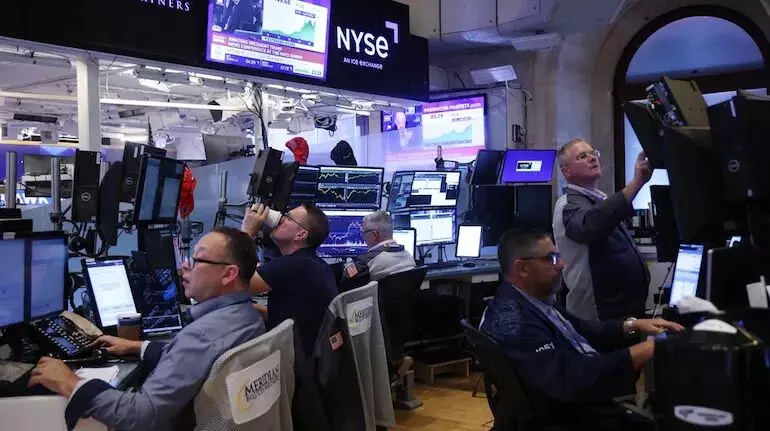Trading desk eyes 12 days of volatility in oil markets

Business Trading: Traders watched with concern as US jets bombed a major Middle East oil producer. An initial surge in the price of crude oil turned into a rally as they realized the oil would continue to flow without any impact.
The year was 1991, and the US bombing campaign was against Saddam Hussein’s Iraq. In just one night, prices plummeted by 30%.
Three decades later, oil traders are recovering from a 12-day rollercoaster ride that saw prices surge and fall in the most frenzied period of oil trading since Russia invaded Ukraine in 2022.
Once again, traders spent nights glued to their desks, joining conference calls into the early hours of the morning and constantly poring over government and military connections for intelligence to give them an edge on trading.
Just like in 1991, the initial surge quickly turned into a plunge as traders focused on the reality of whether the oil would continue to flow. And it did.
The past fortnight has provided clear evidence of a psychological shift in a market haunted by memories of the devastating price moves prompted by Middle Eastern conflict in the 1970s and 1980s. For today’s oil traders, headlines of bombs falling have increasingly become opportunities to sell quickly.
“Markets today are very resilient to news — they go straight to the issue of whether there will be a supply disruption or not, against the backdrop of how much spare production capacity exists,” said Mike Muller, the former head of Vitol Group in Asia and former head of crude oil trading at Shell Plc.
Muller remembers that as a young trader on Shell’s oil futures desk, he traded overnight on Jan. 16, 1991, rising from his desk in the morning only when his boss ordered him home. Shell had decided to sell into any uptrend, and Muller sold cargoes as the market surged and then fell.
Today’s traders, like those in 1991, have spent the past two weeks grappling with the prospect of a supply disruption that happens only once in a generation: a blockage in the Strait of Hormuz, which ships about a fifth of the world’s oil.
Traders at some desks in Geneva and London worked in shifts to ensure 24-hour coverage – though in fact many stayed awake anyway, scrolling social media feeds and joining 3 a.m. emergency calls as rumors flew.





